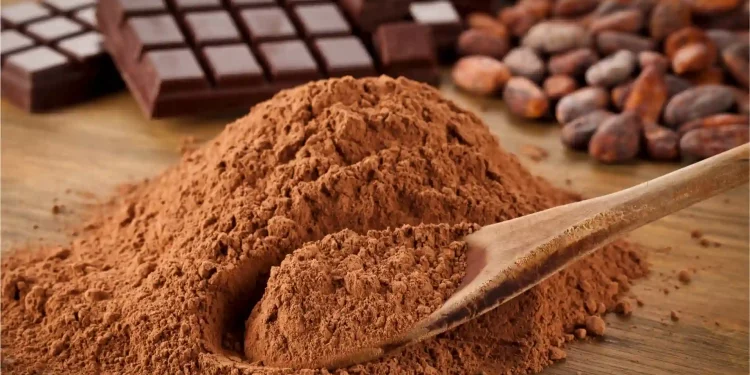The Living Income Differential system set in place by cocoa producers shall soon see Nigeria joining it. With Nigeria’s joining, the LID will contribute to creating a Cocoa OPEC in West Africa. This body will have a stronger price-setting capacity that will eventually benefit poor farmers from the region.
Oxford Economics, citing a report by Bloomberg, said that Nigeria is keen to join the LID system employed by Ghana and Cote d’Ivoire, which set a USD400 per ton premium on export prices in 2021 – 2022.
This premium promises to alleviate the poverty-stricken farmers in the region. Africa produces over 70 percent of the world’s cocoa, but farmers receive only 6 percent of the price that end-customers pay for chocolate.
In May, the Nigerian Ministry of Agriculture is due to hold talks with the Ghana Cocoa Board regarding the potential alliance.
Nigeria is the fourth largest producer of cocoa in the world, contributing to 6.5 percent of global production. This is spread out across 300,000 farmers with over 1,400,000 hectares, according to the Nigerian government.
Nigeria to diversify with cocoa
As oil production in Nigeria dwindled due to its over-reliance on hydrocarbons, the potential of the cocoa industry looms large. Increasing cocoa production is seen as likely to help in Nigeria’s diversification efforts.
In a report, the Oxford Economics acknowledged the struggle faced by producers of cocoa in West Africa, largely due to the economic downturn caused by the Covid-19 pandemic. During this period, producers were forced to offer huge discounts to buyers of the product.
Combined, the cocoa production of Ghana and Cote d’Ivoire accounted for over 63 percent of the worlds’ cocoa production. Both the countries, however, found it hard to sell cocoa due to weakened global demand.
African cocoa importers are expecting to face another tough year due to economic pressures weighing on the EU due to the Russia – Ukraine war. The European Union is a key importer of cocoa from Africa.
The Oxford Economics mentioned that the need for cooperation between large producers is vital to ensure that the USD400 per ton premium can be upheld to ensure that cocoa prices remain at USD2,600 per ton.


















